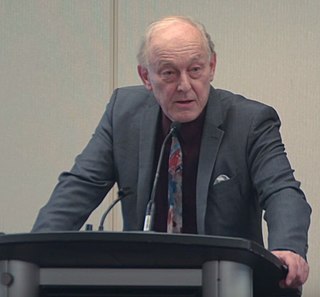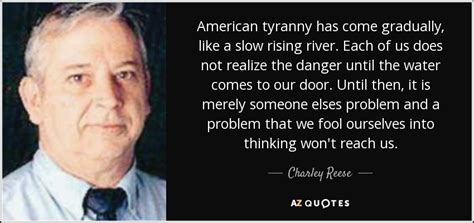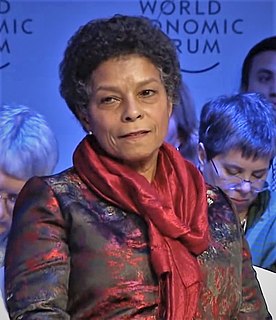A Quote by Michel Chossudovsky
The civil war in Rwanda and other ethnic massacres were an integral part of US foreign policy, carefully staged in accordance with precise strategic and economic objectives.
Related Quotes
The people and the warmakers are two distinct groups. We must never say 'we' when discussing the US government's foreign policy. For one thing, the warmakers do not care about the opinions of the majority of Americans. It is silly and embarrassing for Americans to speak of 'we' when discussing their government's foreign policy, as if their input were necessary to or desired by those who make war.
Those who remember Washington's cold war culture in the 1980s will recall the shocked reactions to Reagan's intervention. People interested in foreign policy were astonished when in 1985 he met alone at Geneva - alone, not a single strategic thinker at his elbow! - with the Soviet Communist master Gorbachev.
Reagan took an approach to the Cold War dramatically different from any other US President. To wit, he thought we should win. This was a fresh concept. At the time, it was widely ridiculed as a dangerous alteration of US policy. Only after it worked was Reagan's dangerous foreign policy recast as merely a continuation of the policies of his predecessors.





































